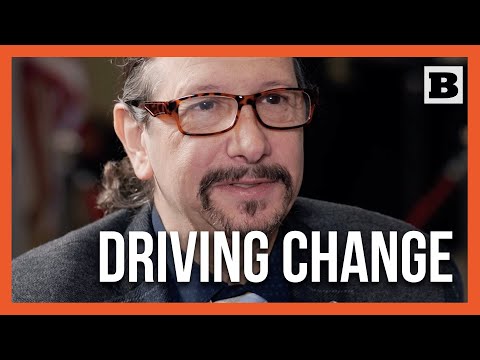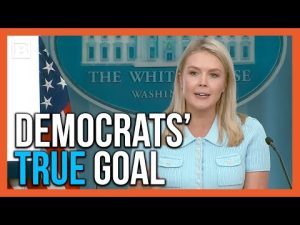In a significant political shift, the recent election of President Donald Trump has ignited renewed hope for the American automotive industry. His victory comes at a time when electric vehicle mandates, widely championed by the left, threaten not only traditional car manufacturing but also the individual freedoms of American consumers. The executive director of the National Motorist Association emphasizes that the heart of the matter is the freedom to choose. Under the Biden administration, there has been a relentless push towards electric vehicles, which many working-class Americans simply cannot afford or may not even want. The crux of the issue lies in the government’s attempt to shove consumers into a one-size-fits-all approach regarding vehicles, something that simply doesn’t work for the average American.
The authoritarian approach of the current administration is coming under scrutiny as data shows that electric vehicle sales are predominantly occurring in affluent ZIP codes of blue states. This is nothing more than the government using taxpayer dollars to subsidize the wealthy’s eco-friendly shopping spree. Regular families often find that electric cars do not fit their needs or budgets, yet they are being coerced into this green agenda. True freedom means being able to choose the car that works best for one’s lifestyle, not being forced into a vehicle based on someone’s else’s lofty environmental goals.
In addition to the consumer choice issue, there’s growing concern about the international implications of the electric vehicle push. China, as an adversary, has been steadily encroaching on American manufacturing territories. Factories are popping up in Mexico, creating electric vehicles that may soon flood into the U.S. market, considerably undercutting American auto workers. Trump’s administration has floated the idea of implementing tariffs to stave off this unfair competition, sending a clear message: America must prioritize its own workers and manufacturing capabilities before bending to the whims of foreign markets.
To bolster the American auto industry, vital changes are needed in legislative approaches. The “war on cars” being waged by the left directly undermines individual freedoms, pushing for urban designs that aim to eliminate vehicles from everyday life entirely. The paradigm shift towards “15-minute cities” stands to severely restrict personal mobility, forcing everyone into bicycles or public transport while disregarding the convenience and prosperity brought by automobiles. The potential new push in the Department of Transportation could redirect resources to favor car travel and personal choice, smashing the chains of bureaucratic regulation.
As the Trump administration prepares to take the reins, there is cautious optimism regarding new leadership in the Department of Transportation. With the departure of current Secretary Pete Buttigieg and the anticipated appointment of Sean Duffy, there’s a chance to bring fresh perspectives that value freedom and traditional transportation methods. Planned changes could include reforming restrictive policies propagated by anti-car advocates that currently dominate transportation agencies. For those concerned about freedom of movement, getting involved in this political shift and ensuring that their voices are heard is paramount.
At gatherings like America Fest, the message cannot be clearer: the ability to travel freely is a cornerstone of all other liberties. Being forced out of cars and into a more constrained lifestyle threatens the very fabric of American independence. As the automotive landscape continues to evolve, standing firm against government overreach and upholding consumer choice should remain a priority for all who value freedom and prosperity. The fight for the future of cars in America is not just about transportation; it’s a battle to preserve the fundamental rights and choices of every citizen.



